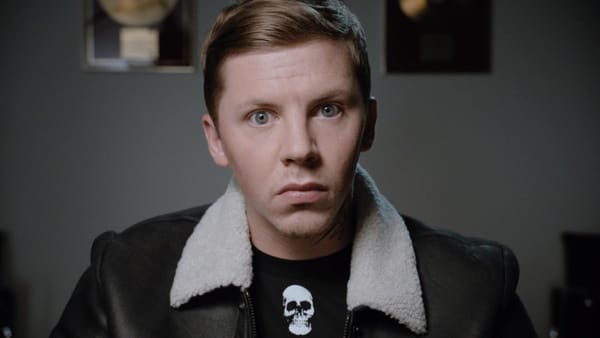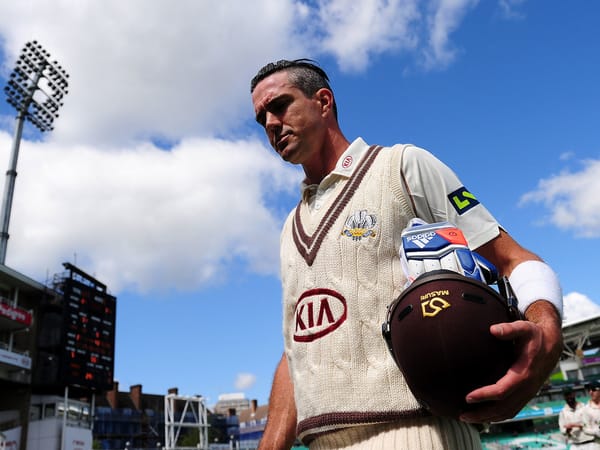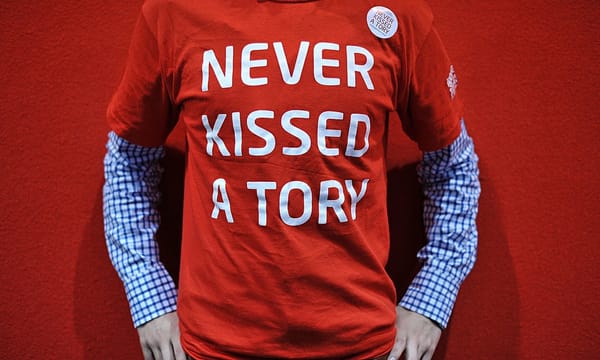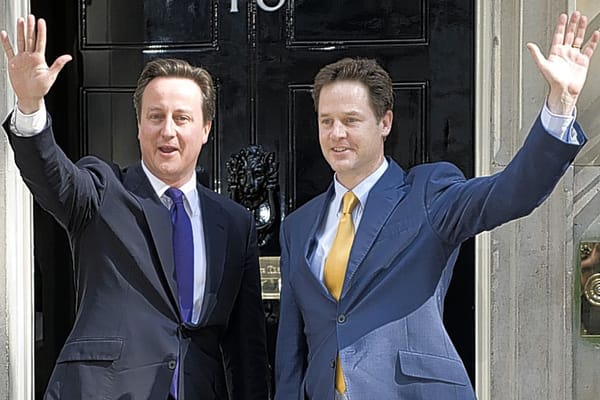Why is televised rape so controversial?
Game of Thrones doesn’t deserve all the hate, argues Cecily Johnson
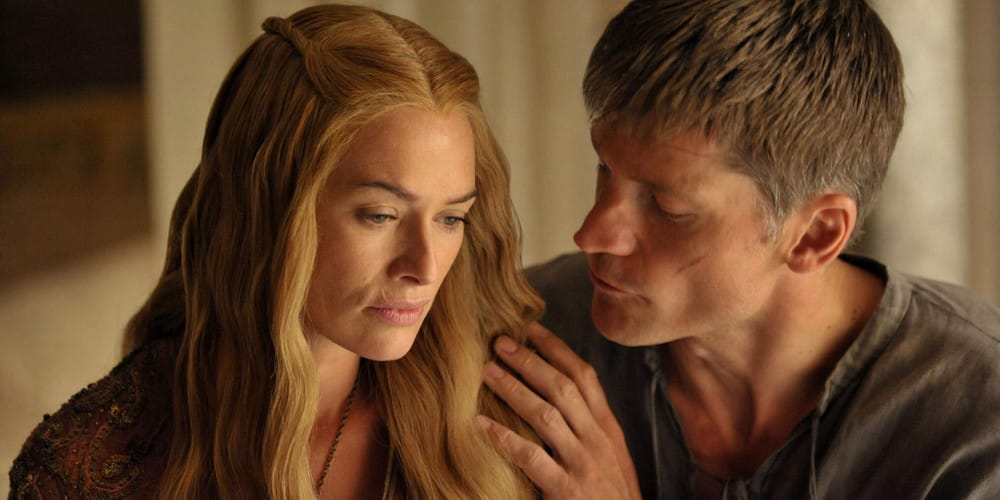
[Spoiler warning: this comment piece contains spoilers for all released episodes of Game of Thrones, as well as descriptions of the changes made from its source material, the A Song of Ice and Fire book series.]
This week the popular television series Game of Thrones courted controversy yet again after featuring a disturbing scene in which fan-favourite character Sansa Stark was raped on her wedding night by her new husband Ramsay Bolton. Taking place in the final minutes of the latest episode, which was entitled "Unbowed, Unbent, Unbroken", the scene has been described as "gratuitous" and generally distasteful by a number of critics and bloggers.
‘Feminist community’ website The Mary Sue announced that they would no longer be “promoting” the show, in an article which has been shared tens of thousands of times on social media. Editor-in-chief Jill Pantozzi wrote that “We simply can’t bring ourselves to be excited by a product which no longer meets our needs as fans”. US Senator Claire McCaskill has called for a boycott of the show, describing the storyline as “disgusting and unacceptable”.
So why has this particular scene drawn so much ire? Is it really the worst thing Game of Thrones could have done? Over the seasons the show has featured the bodies of men and women flayed alive; the charred corpses of children; a pregnant woman being stabbed in the belly; live crucifixions; the brutal death of a prostitute at the hands of a psychotic boy king; a woman being hunted by a pack of dogs and people wielding crossbows; and one young man’s prolonged physical and psychological torture at the hands of another.
But this is a work of fiction. The show is well known for its adult content and themes, and this storyline in particular has been building up for the last few episodes, since Sansa agreed to be married to Ramsay in order to put herself in a position where she may somehow seek revenge on the Boltons. The audience had to know that there would be a ‘wedding night’, and we have seen enough of Ramsay’s character to know that it wasn’t going to make for pleasant viewing.
The outrage seems to have centred on the fact that this particular event involved a beloved character who many people are rooting for, and that the books’ version of this character suffered no such misery. I should probably explain for the non-book readers that ‘book Sansa’ is safely hidden away in the Eyrie where she was at the start of the season; Ramsay instead marries a Winterfell girl called Jeyne Poole, who is passed off as Arya Stark in the hope of securing House Bolton’s hold on the North.
Played beautifully by Sophie Turner, Sansa has made great leaps in characterisation recently on the show; her fans – and I count myself among them – hope that she is really growing into a strong player of the titular Game. After all she has suffered at the hands of Joffrey it is inspiring to see Sansa taking charge of herself – so to see her spirit beaten down once again in such a brutal fashion is indeed disheartening and deeply disturbing.
But I strongly believe that you can’t just cry “but that didn’t happen in the books” whenever you take a disliking to a plot line. Novels and television series are very different beasts; this is by no means the first time that the showrunners have combined plotlines and characters from the books in order to streamline the show. The decision to fuse Sansa’s story with that of Jeyne Poole can’t have been an easy one, but it makes sense from a storytelling point of view.
It would be a waste of a fantastic actress to stash Sansa away in the Eyrie for the remainder of the season, and this plot line gives her the opportunity to directly encounter some of the people responsible for the pain she has been through over the course of the story. That is a fascinating turn of events – but it would be bad storytelling for her to just barely begin maturing as a character and then never have anything bad happen to her ever again. It is realistic for Sansa to experience setbacks in her journey and I for one am excited to see how the character handles herself in this daunting new world.
Some have also accused the showrunners of “[making] that scene about Theon’s pain” and not having “the courage to keep the camera on Turner’s face”; but had they chosen instead to show the act directly, would they not have been criticised for self-aggrandisement? It’s okay to be upset by depictions of rape and sexual violence in the media, and I’m not saying that no one should express those feelings. But I disagree with accusations that the show is “gross, exploitative, and totally out of ideas”.
Game of Thrones has been quite rightly criticised for its depiction of sexual violence in the past. I was horrified to hear that the showrunners did not feel that they had portrayed a rape in the infamous scene between Cersei and Jaime last season. To feature a scene that ended with a person crying “No,” and “stop, don’t” as their sexual aggressor stated “I don’t care” and not consider it rape was appalling and horrifying. However, I don’t think that getting it spectacularly wrong once before means that Game of Thrones should be forced to avoid such material in the future.
People don’t like to see rape used as a stimulus for plot development, and it’s true that this has been done extremely poorly in many stories over the years. Critics have claimed that Sansa’s storyline has been altered only to further that of Theon/Reek, but I am going to wait and see the consequences play out. The world of Game of Thrones has always been, in the words of A Song of Ice and Fire author George R. R. Martin, “no darker nor more depraved than our own”.
Sometimes art makes us uncomfortable when it confronts us with the things that humans have done – and still do – to one other. Whilst I certainly don’t want to see sexual violence taken lightly, its depiction in popular culture is both important and sometimes necessary. With appropriate viewer warning I see no reason to avoid telling stories of rape.
Game of Thrones has courted controversy before, and I have no doubt that it will do so again before the story draws to a close; but in the words of its creator: “Rape and sexual violence have been a part of every war ever fought, from the ancient Sumerians to our present day. To omit them from a narrative centered on war and power would have been fundamentally false and dishonest, and would have undermined one of the themes of the books: that the true horrors of human history derive not from orcs and Dark Lords, but from ourselves. We are the monsters. (And the heroes too). Each of us has within himself the capacity for great good, and great evil.” – George R. R. Martin



